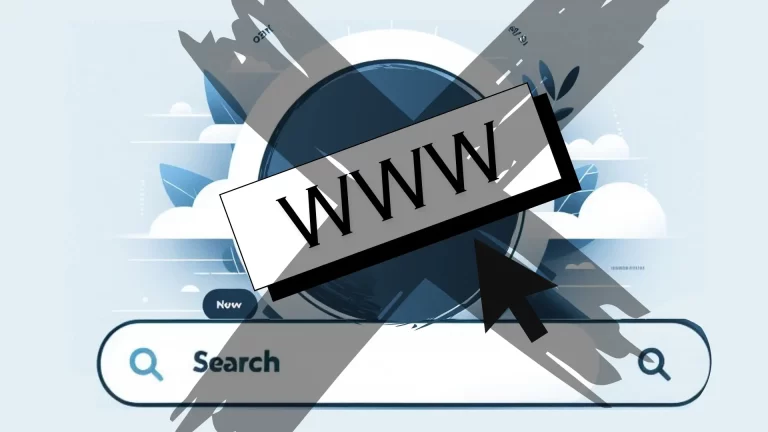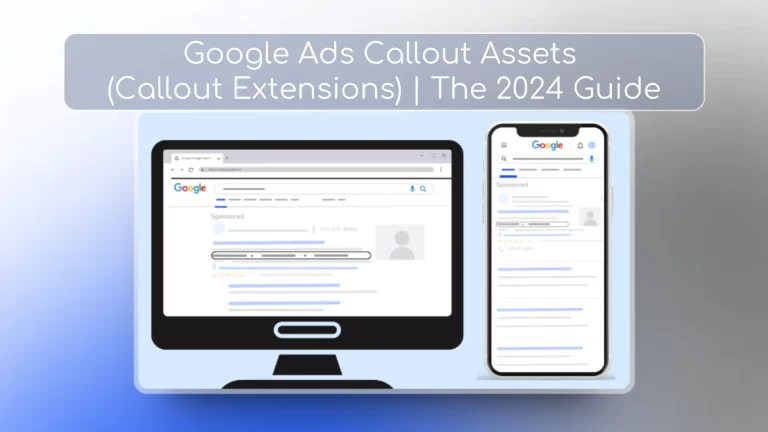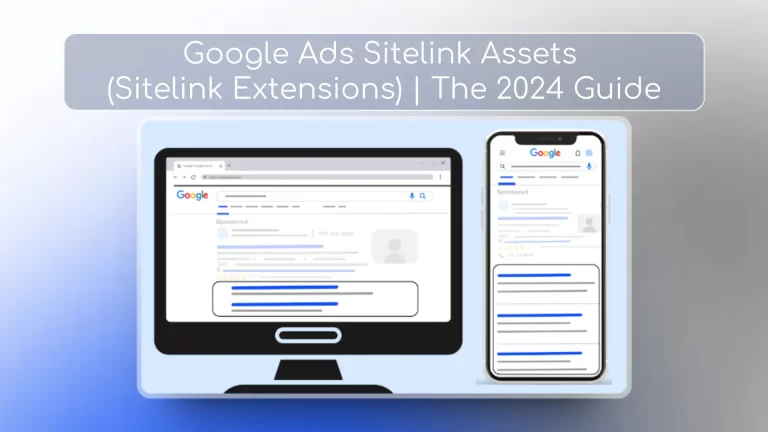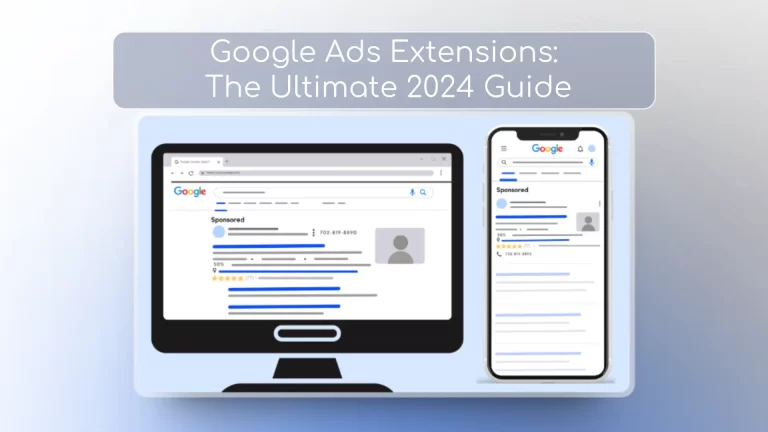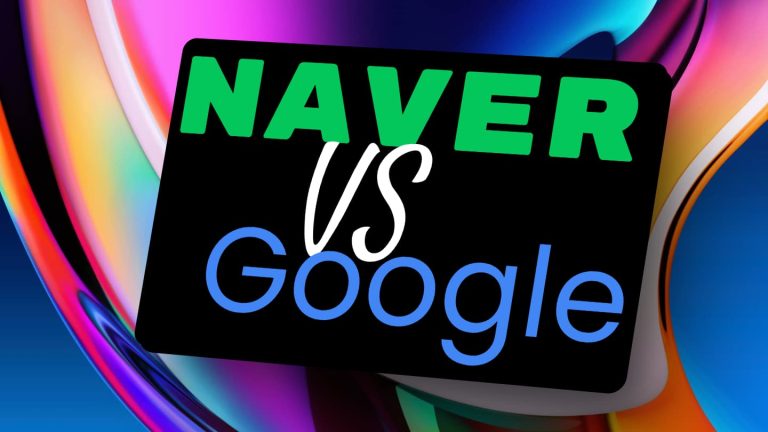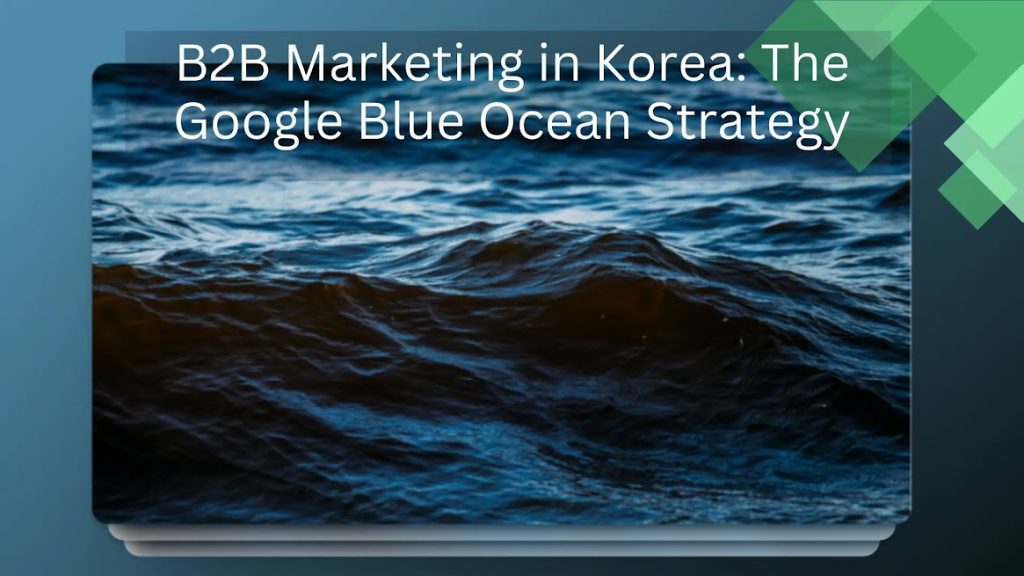
B2B Marketing in Korea: The Google Blue Ocean Strategy
B2B Marketing in Korea: The Google Blue Ocean Strategy
For companies looking to grow their B2B (business-to-business) presence in South Korea, Google represents an untapped "blue ocean" opportunity compared to the dominant domestic search engines. While domestic search engines (DSEs) like Naver & Daum command the lion's share for general search, data shows Korean B2B buyers frequently turn to Google when researching where to get the products and services they need to battle in the South Korean business arena.
B2B Marketing in Korea - The Difference Between Google and DSEs
One of the major factors in this search preference stems from the different nature of the domestic engines, which operate more like local social media platforms than traditional search tools. Their algorithms prioritize internal web pages, news, blogs and multimedia content over external business websites.
For B2B buyers specifically looking for supplier and vendor information, Google becomes the go-to resource.
Google's Largely Untapped Potential for B2B Marketing in Korea
Nonetheless, while most B2B companies remain heavily focused on domestic engine marketing strategies, Google remains relatively ignored.
For those willing to adopt a niche marketing strategy, there are major advantages of focusing on Google search engine B2B marketing, including:
- Low Competition for Valuable Keywords - Google's auction-based paid search has far less competition for high-value B2B keywords compared to domestic engines. This allows for lower costs per click and conversion.
- SEO Opportunities - Google's website crawling algorithms mean optimized B2B sites can rank highly in organic results at relatively low SEO investment.
- Advanced Tools - Google offers powerful paid advertising, analytics, lead gen and targeting capabilities ideal for B2B.
- Global Reach - A Google-focused B2B strategy expands possibilities beyond just the Korean market.
Search Volume Keyword Research for Domestic Digital Platforms vs. Google
Let's take a look at a few basic search volumes according to one of the most reliable sources on the internet for search volume keyword research: Ahrefs.
Before we do, I should mention that these numbers are not certain by any means. Please consider them just as a guideline. These are estimates done by Ahrefs using internal tools and techniques. I asked them exactly where they got these numbers and they said it was through internal sources - so they could tell me exactly how they got their data.
My goal here is not to tell you exactly what the search volume is - because I can't. No one can tell you except Naver and Google themselves.
What we're trying to determine here is whether South Koreans use Google for a higher ratio of B2B-related searches than DSEs.
As a baseline, let's look at a typical B2C (business-to-customer) search: Pizza (피자)
네이버 "피자" 검색량 - Naver Pizza SV:

구글 "피자" 검색량 - Google Pizza SV:

As you can see, Naver's 29,000 search volume blows Google's 19,000 search volume out of the water.
Now let's look at a couple of B2B searches. We'll start with a NAS Server:
네이버 "NAS 서버" 검색량 - Naver's "NAS Server" SV:

구글 "NAS 서버" 검색량 - Google "NAS Server" SV:

And finally let's look at the search volume for "project management tool" (프로젝트 관리 툴)
네이버 "프로젝트 관리 툴" - Naver's "Project Management Tool" SV:

구글 "프로젝트 관리 툴" - Google "Project Management Tool" SV:

As you can see, while B2C is Naver's strong suit, fewer people in South Korea appear to be using it more than Google when it comes to B2B searches.
B2B Organic Search Marketing Strategy: DSEs vs. Google, Bing, Yahoo, etc.
"If the only tool you have is a hammer, it is tempting to treat everything as if it were a nail." (Abraham Maslow, 1966)
We've talked about the difference between Naver and Google SERPs before. They're quite a different experience.
Korean marketers have a strong tendency to start off by selling marketing on DSEs to nearly every client. It is what they know - and they know it well.
However, global marketers for a foreign company rarely understand when Korean marketing agencies tell them that they need to reach the top of Naver organic search.
You're not fixing up your website, you're creating content on essentially content creation for a DSE blog or influencing Q&A results, etc. On-platform content distribution is the go-to-market strategy.
This means that when you're marketing organically via domestic search engines, you're not working to help make your own site meet user intent - you're developing the content on their platform for them.
It also puts a “middleman” between you and your site traffic.
First, you have to produce digital content on your official Naver blog, or in the Q&A forum, etc. to get to the top of the Naver SERP and get a click there.
Then, you have to hope that those viewers of that content click through to your site.
Essentially, you need 2 clicks on Naver to get to your site vs. 1 click on Google, Bing, Yahoo and other Western search engines.
You're investing time and effort into Naver's platform to meet Naver's search algorithms in the hopes of getting someone to your website.
Taking a Dip in Google's Blue Ocean for B2B Marketing in Korea
Take Google & a domestic out for a spin and look at the SERPs (search engine results pages). Ask yourself some questions:
- What Google search would your potential clients make?
- What do those Google search results look like vs Naver or Daum?
- How much would a Google Ads equivalent search cost per click compared to a Naver ad click?
- Where do the organic search results show up in Naver vs. in Google?
- Can you make the existing top search results your marketing business partners? Often you can just buy your way into a top Naver search result by reaching out to the blog or cafe (community) administrator.
Are we saying that you should ignore native Korean platforms in your digital marketing strategy? No, of course not. It's where the majority of searches take place.
But there's another opportunity out there that is largely being overlooked. Funnily enough, it's the world's largest search engine, which also happens to get somewhere between a quarter to a third of all searches in the South Korean market - and likely more when it comes to B2B search.
Executing a Winning Google B2B Marketing Strategy in Korea
To capitalize on Google's blue ocean marketing approach in B2B marketing in Korea, brands should focus on the following:
- Keyword research to identify low competition B2B search terms with high volume and conversions.
- Best SEO optimization practices to improve organic rankings.
- Content marketing on topics that appeal to the target audience for your B2B marketing in Korea.
- PPC campaigns optimized for ROI using tracking and analytics.
- Conversion rate optimization for landing pages and lead gen forms.
- Expanding campaigns into Google's global B2B advertising markets.
While DSEs will likely continue dominating general searches, forward-thinking B2B brands can seize the Google opportunity to dramatically expand their market share.
By taking advantage of Google's under-utilization in this sector, companies can reach a much wider ocean of potential Korean and global B2B customers.


